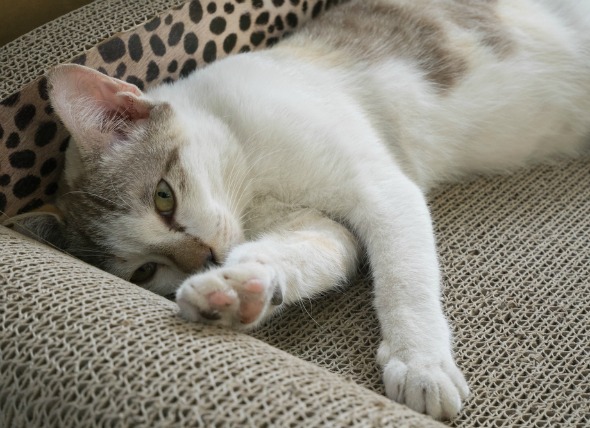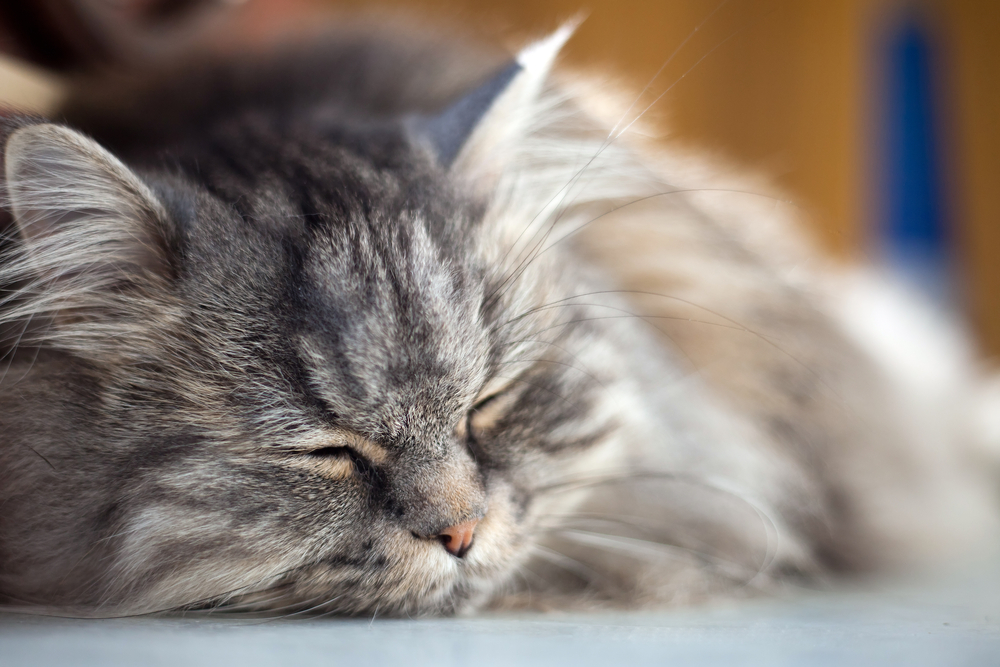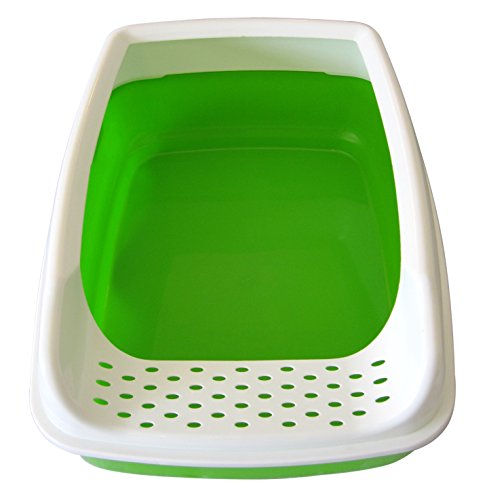

If your cat loses an excess of ten percent of its normal body weight (when it is not due to fluid loss), you should be concerned. There are many things that can cause weight loss, including anorexia, the cat's quality of food, and/or chronic disease.
It is important to understand a severe case of weight loss will affect many of the cat's body system, but often it will depend on the cause and severity of the underlying medical condition.
Weight loss and cachexia can affect both dogs and cats. If you would like to learn more about how this condition affects dogs please visit this page in the PetMD pet health library.
There are many factors which can lead to weight loss in a cat, including:
Other causes include various diseases and types of infections such as:
Your veterinarian will begin with a variety of diagnostic tests to find the underlying cause for the weight loss. After an initial health assessment, your veterinarian may use one or more of the following tests on your cat:
Your veterinarian may recommend treating your cat's symptoms, especially if they are severe. But this should not be a substitute for the treatment of the underlying cause of the weight loss.
Once the appropriate treatment has been assigned, make sure you provide your cat a well-balanced diet and when recommended by your veterinarian, vitamins and minerals. It may even be necessary to force-feed the cat or intravenously administer nutrients. Appetite stimulants are also used occasionally to get your cat to start eating again.
A proper medical follow-up is vital, especially if the cat's condition does not quickly improve. This will include frequent weigh-ins for the cat. Monitoring is also critical during this period.
Follow your veterinarian’s recommendations for treatment. And if your pet does not respond to the treatment, contact your vet right away.
 Anemia, Nonregenerative in Cats
Nonregenerative Anemia in Cats
A decrease in red
Anemia, Nonregenerative in Cats
Nonregenerative Anemia in Cats
A decrease in red
 Fungal Infection (Malassezia pachydermatis) of the Skin in Cats
Malassezia Dermatitis in Cats
Malassezia pachyder
Fungal Infection (Malassezia pachydermatis) of the Skin in Cats
Malassezia Dermatitis in Cats
Malassezia pachyder
 Parasitic Infection of the Respiratory Tract in Cats
Respiratory Parasites in Cats
Respiratory parasit
Parasitic Infection of the Respiratory Tract in Cats
Respiratory Parasites in Cats
Respiratory parasit
 How to Introduce a New Cat
When you have a cat and deci
How to Introduce a New Cat
When you have a cat and deci
 How to Introduce Two Cats
How to Introduce Two Cats
How to Intro
How to Introduce Two Cats
How to Introduce Two Cats
How to Intro
Copyright © 2005-2016 Pet Information All Rights Reserved
Contact us: www162date@outlook.com